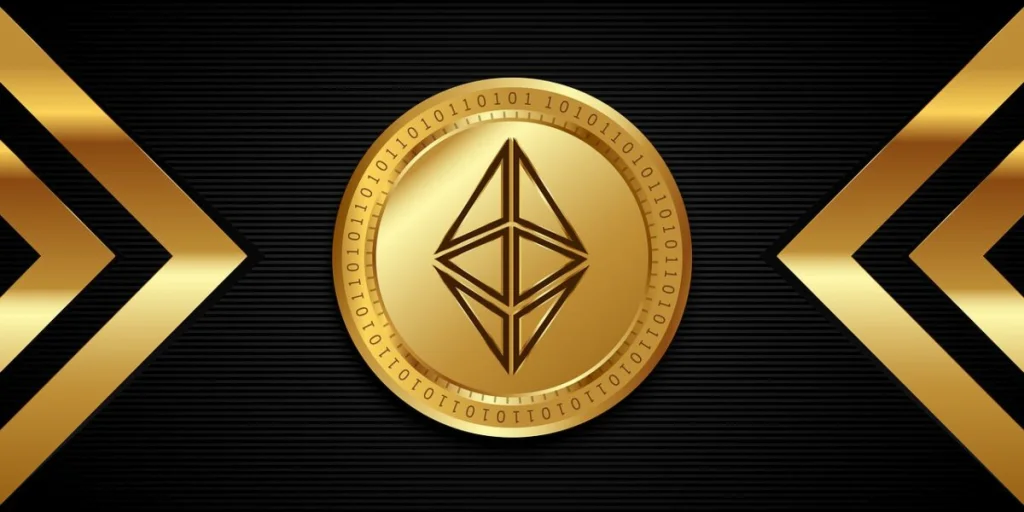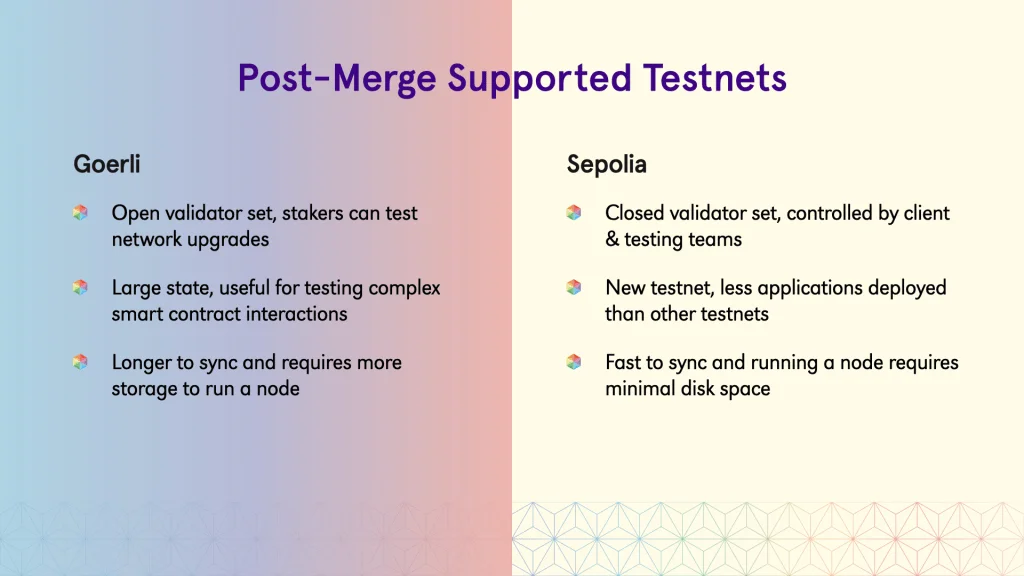Ethereum developers will not continue with Kiln, Ropsten, and Rinkeby but will maintain Goerli and Sepolia after the upcoming network merge

Ethereum developers will shut down Ropsten, Kiln, Rinkeby
After the alleged integration, the Ropsten, Kiln, and Rinkeby testnets would be shut down, according to the Ethereum core development team.
Testnets are replicas of the blockchain that are used for research. Several testnets are available in the Ethereum ecosystem, allowing developers to release applications and check them for flaws before they are released on the mainnet.
Testnets are, however, occasionally retired when they are no longer required. One such milestone that the Ethereum developers have chosen to drop three of its testnets is the merging.
The Ethereum blockchain will switch consensus techniques during the merge, moving from proof of work to proof of stake, which is a much-anticipated event. The merger is anticipated to take place in September.
Goerli, Sepolia will be maintained after Merge
According to a team blog post, after the integration, only the two testnets Goerli and Sepolia would be maintained.

The oldest testnet on Ethereum since it was introduced in 2016 is Ropsten, which is included among the deprecated testnets. Notably, a test merge of Ropsten occurred earlier this month. However, in the fourth quarter of 2022, sometime after the integration, Ethereum core devs will shut it down.
Kiln, a testnet created in early 2022, was the first to shut down following the merge in order to provide a post-merge testing environment.
The last name on the list is Rinkeby, a testnet that has been running since 2017 and is scheduled to shut down in 2019.
The announcement states that Rinkeby will cease to function as an “accurate staging environment for mainnet” following the integration, therefore the core developers will do so between the second and third quarter of 2023.
